Course aims
This course gives advanced-level training in all theoretical aspects of the media industry, as well as the analytical tools required to investigate media texts.
Entry requirements
You will require a grade 5 in English (lang or lit) and a 5 in either a humanities or creative arts subject. Learners must have a keen interest in all media forms. Some creative skills are also useful.
Course content
Component 1 – Investigating media language and representation
This component introduces learners to key aspects of the theoretical framework – media language, representation, audience and industry – as an essential basis for analysing media products from a range of forms. Theoretical approaches and theories will be used to inform and support analysis of media products. Learners will consider the influence of key aspects of social, cultural, historical and industry contexts on media products, as well as how audiences may respond to and interpret media products. Learners will develop their ability to use relevant subject-specific terminology in this component.
- Ads and marketing (Tide, Kiss of the Vampire and Super.Human)
- Radio (Woman’s Hour)
- Video games (Assassin’s Creed)
- Newspapers (The Times and The Mirror)
- Music video (Beyonce and Vance Joy)
- Film (Black Panther and I, Daniel Blake).
Component 2 – Investigating media forms and products
Learners will explore two set texts from three media forms (television, magazines and online media) through close analysis of the set products, investigating their use of media language and the representations they offer in relation to relevant social, cultural, economic, political and historical contexts. Learners will also study media products in relation to the media industries in which they are produced, as well as considering the way in which audiences are targeted by media producers and the way in which they interpret and interact with the media. Relevant theories will inform study of the set products.
- Television (Peaky Blinders and The Bridge)
- Magazines (Woman’s Realm and Huck)
- Online media (Zoella and attitude.co.uk).
Component 3 – Media production
This component synthesises learning from the areas previously studied, providing learners with the opportunity to show their knowledge and understanding in a practical way. In components 1 and 2, learners gain a detailed understanding of the theoretical framework in relation to a range of media forms. In this component, learners are required to apply their knowledge and understanding of media language, representation, media industries and audiences in an individual media production for an intended audience, based on one media form in response to a choice of briefs set by the exam board.
Course assessment
Written exam and practical coursework.
Materials
Recommended textbooks to be advised by your tutor. Extensive use will be made of the Internet and relevant websites will be an important source of material to study this course.
Progress
Higher Education. Career options include broadcast or print journalism, animation, marketing and event management.

